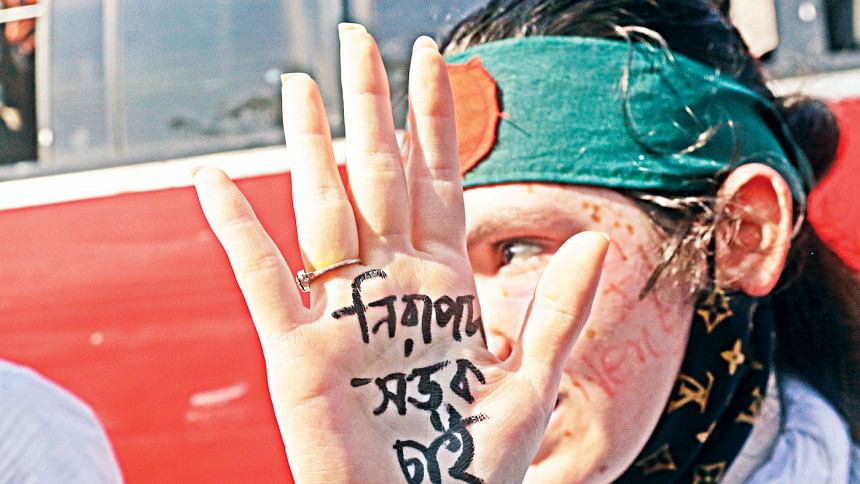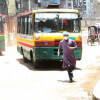World Bank approves $358m for safer roads in Bangladesh

World Bank today approved $358 million to help Bangladesh improve road safety, and reduce fatalities and injuries from road accidents in selected high-risk highways and district roads.
The project will help Bangladesh achieve the Sustainable Development Goals on road safety by 2030, according to a press release.
In two national highways – N4 (Gazipur-Elenga) and N6 (Natore to Nawabganj) – the project will pilot comprehensive road safety measures, including improved engineering designs, signing and marking, pedestrian facilities, speed enforcement, and emergency care. These measures will help reduce road traffic deaths by more than 30 percent on these two highways, World Bank hoped.
"Road accidents are the leading cause of permanent disability, and the fourth leading cause for children's death. They disproportionately affect poor families. For Bangladesh, improving road safety is a critical economic and development priority," said Mercy Tembon, World Bank Country Director for Bangladesh and Bhutan.
"This is the first dedicated road safety project in South Asia supported by the World Bank. It will help Bangladesh develop a comprehensive program to improve road safety management and minimize tragic loss of human lives."
The project will also undertake road safety pilots in selected urban areas and district roads. It will help modernize the capacity of the Traffic Police and highway patrol to manage speeding and prevent risky road user behavior through instilling a combination of automated enforcement systems, such as CCTVs, electronic messaging, and physical measures to slow down traffic speed, including patrol vehicles and crash scene clearing equipment.
It will improve post-crash care, which is critical in saving lives and will also set up an ambulance service via a toll-free number and upgraded emergency care services in selected district hospitals, and upazila health complexes along the two national highway corridors.
It will offer training to medical providers on trauma care and help develop standards, protocols, and operational policies for emergency medical care services.
Crash database and implement integrated traffic management and incident detection system will be created under the project.
ICT systems will support the integration of existing information systems and databases of vehicle registration, driver licensing, and payments. The project will undertake campaigns to create road safety awareness and behavioral change.

 For all latest news, follow The Daily Star's Google News channel.
For all latest news, follow The Daily Star's Google News channel. 








Comments